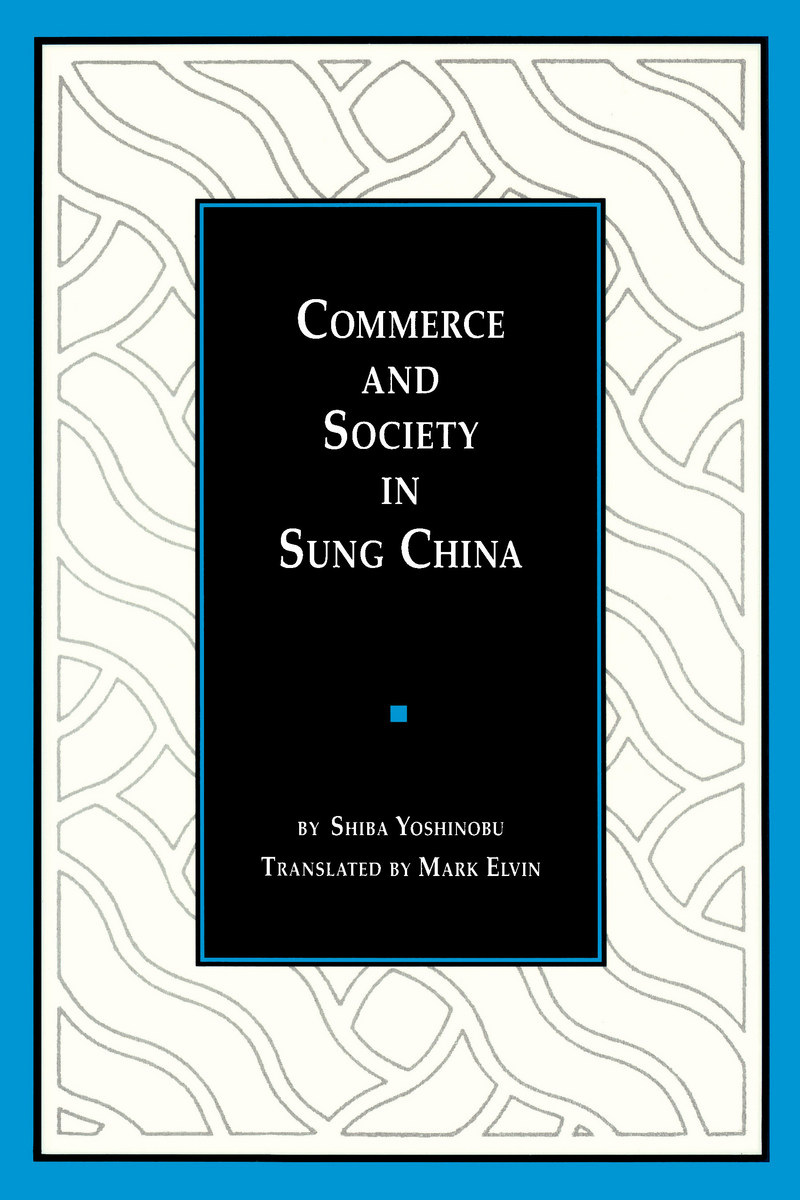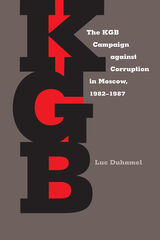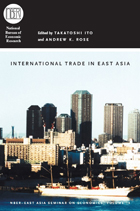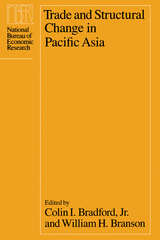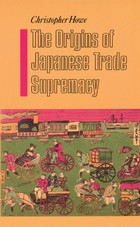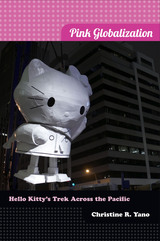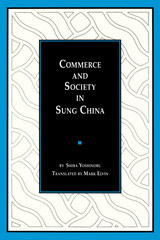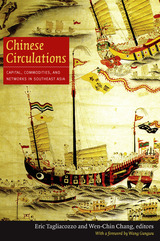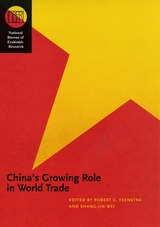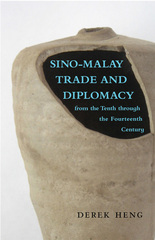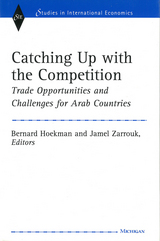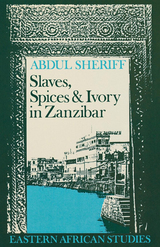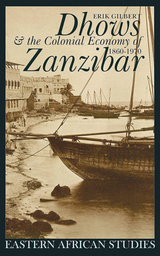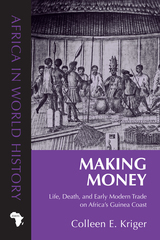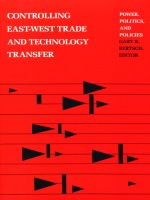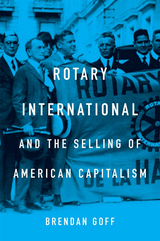Commerce and Society in Sung China
University of Michigan Press, 1969
Paper: 978-0-89264-902-0
Library of Congress Classification HF3835.S53
Dewey Decimal Classification 381.0951
Paper: 978-0-89264-902-0
Library of Congress Classification HF3835.S53
Dewey Decimal Classification 381.0951
ABOUT THIS BOOK | AUTHOR BIOGRAPHY | REQUEST ACCESSIBLE FILE
ABOUT THIS BOOK
The full dimensions of the medieval Chinese economic revolution are still almost unknown to economic historians in the Western world, and the manifold problems that it raises for accepted theories of economic development have hardly begun to be systematically considered. Japanese scholars have been the pioneers in opening up this field, and Professor Shiba’s Commerce and Society in Sung China is among the most recent and most impressive fruits of their labors. For the first time it is possible to be relatively confident, as the result of the author’s systematic exploitation of an enormous range of source materials, about the parts played by transport, trade, business organization and urbanization in this revolution. It is hardly necessary to labor the significance of the advance. China’s was beyond any reasonable doubt the most developed economy in the medieval world, and the investigation both of the causes that made this possible and of those that subsequently prevented a take-off into sustained growth is among the most pressing tasks waiting to be accomplished before any general theory of economic development, solidly grounded in comparative historical analysis, becomes possible.
See other books on: China | Commerce | Society | Song dynasty, 960-1279 | Sung China
See other titles from University of Michigan Press
